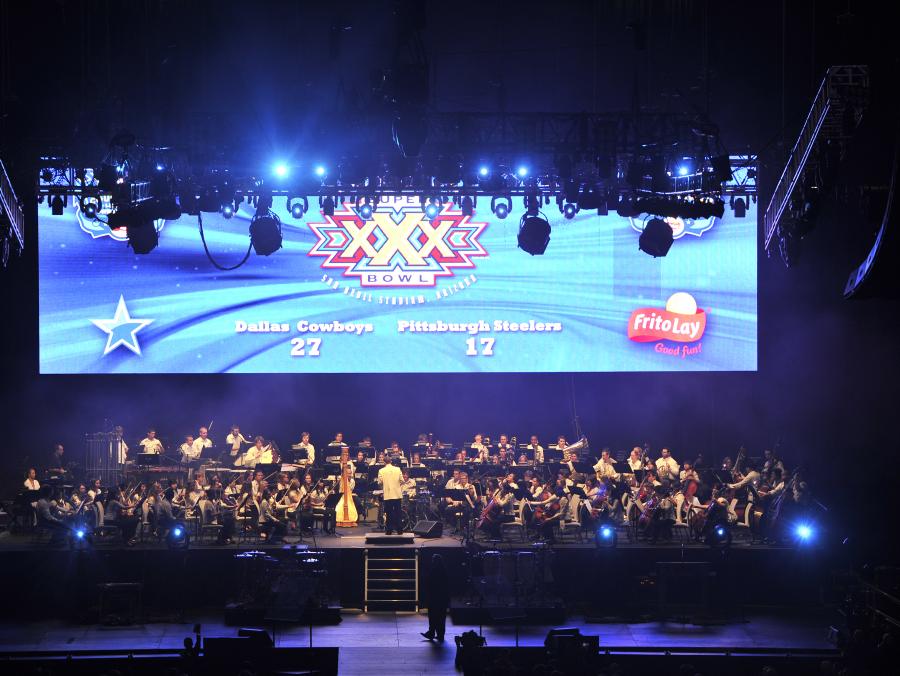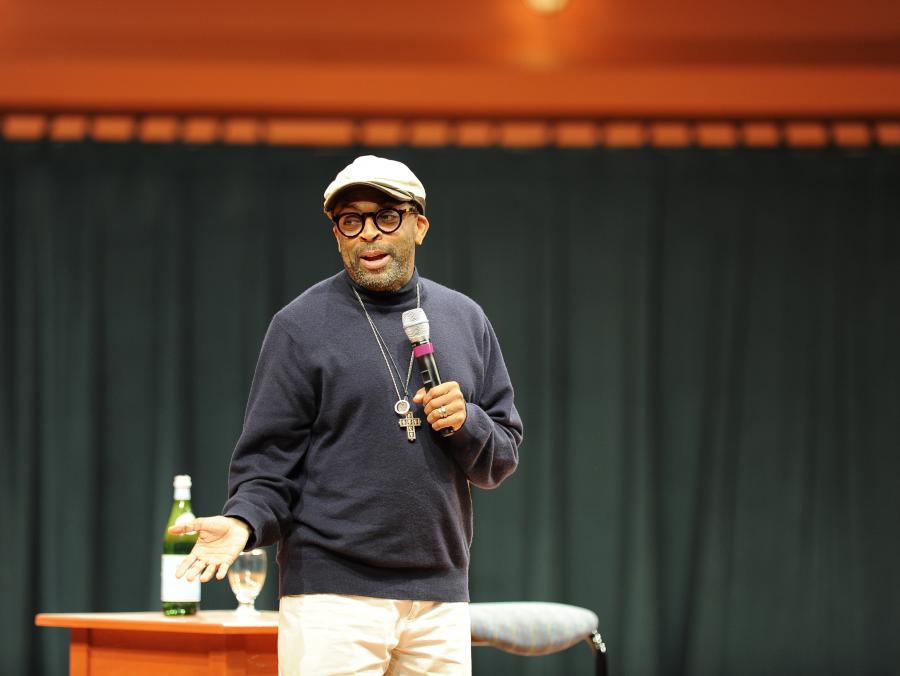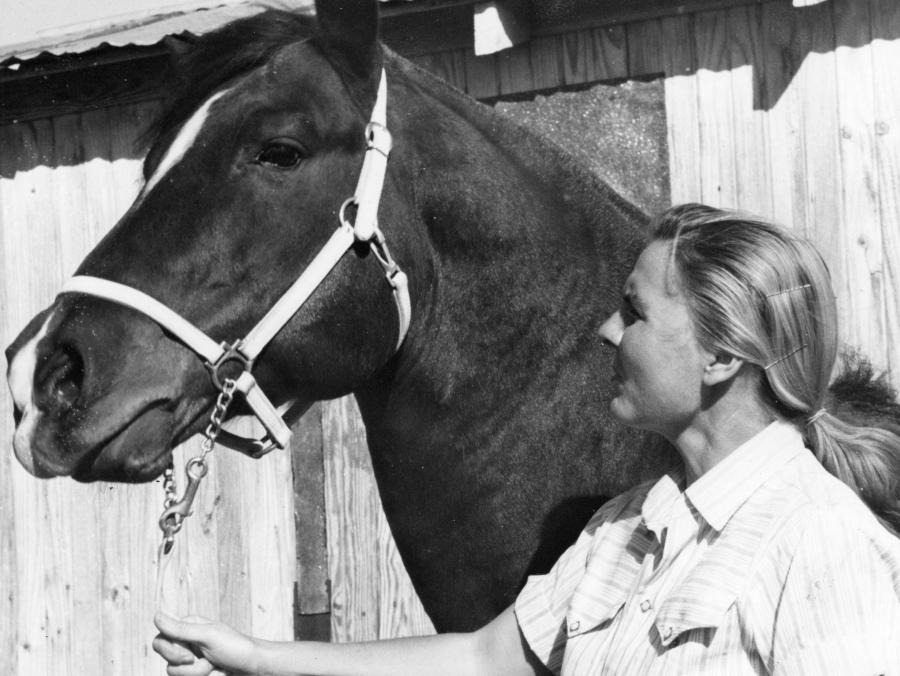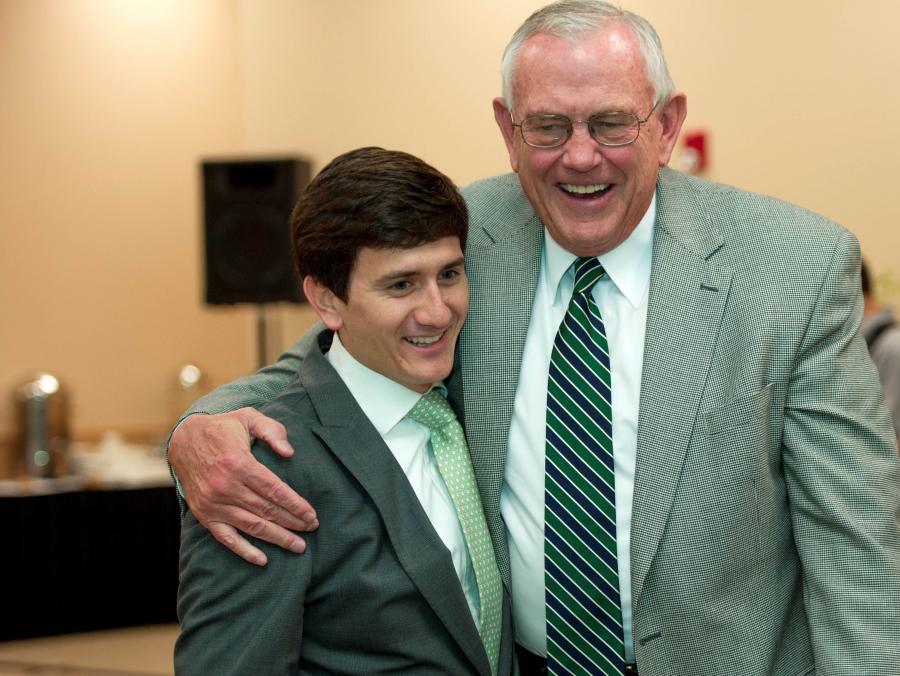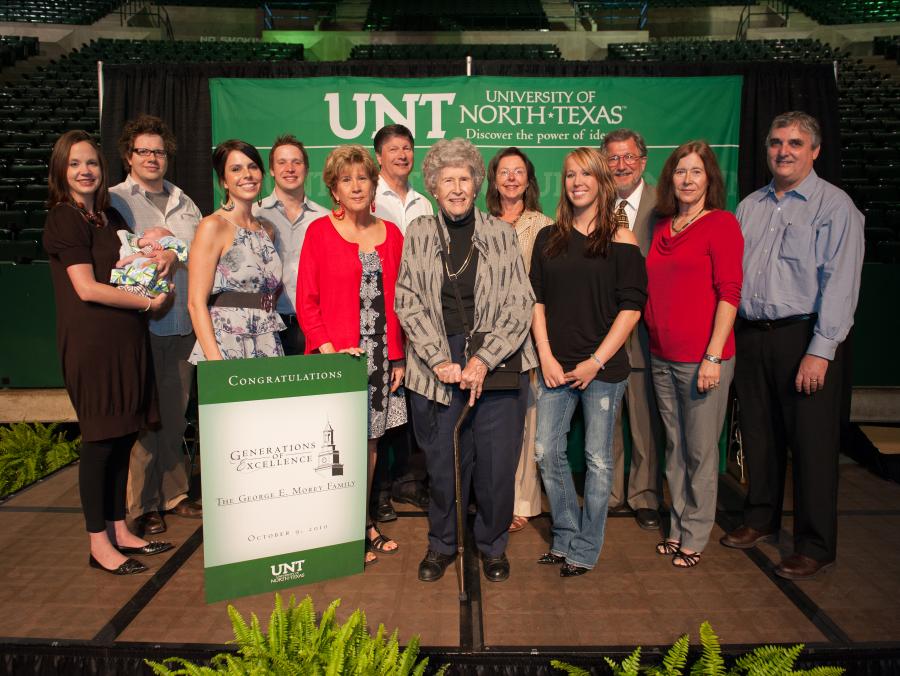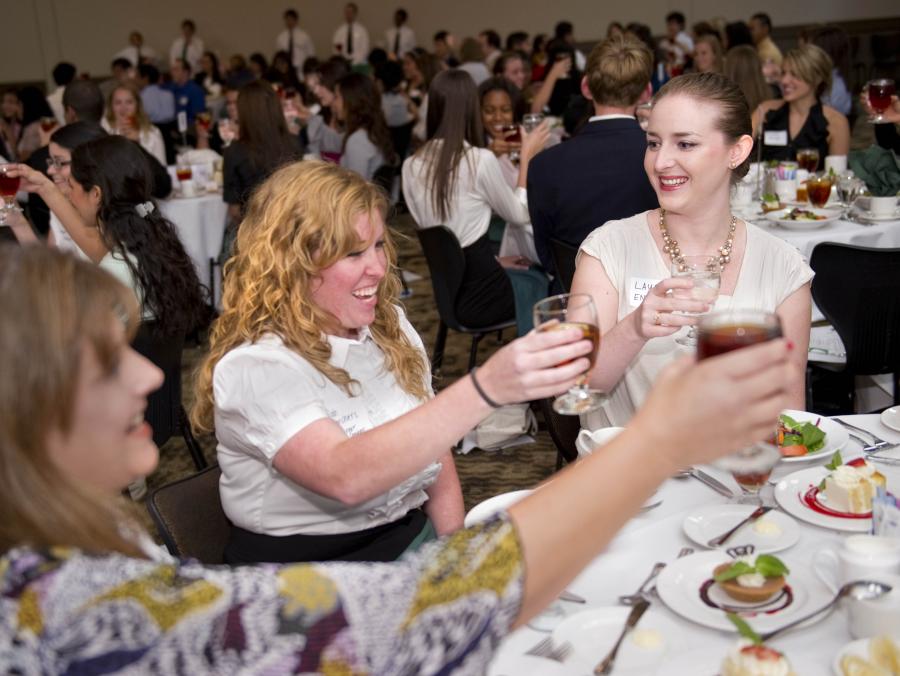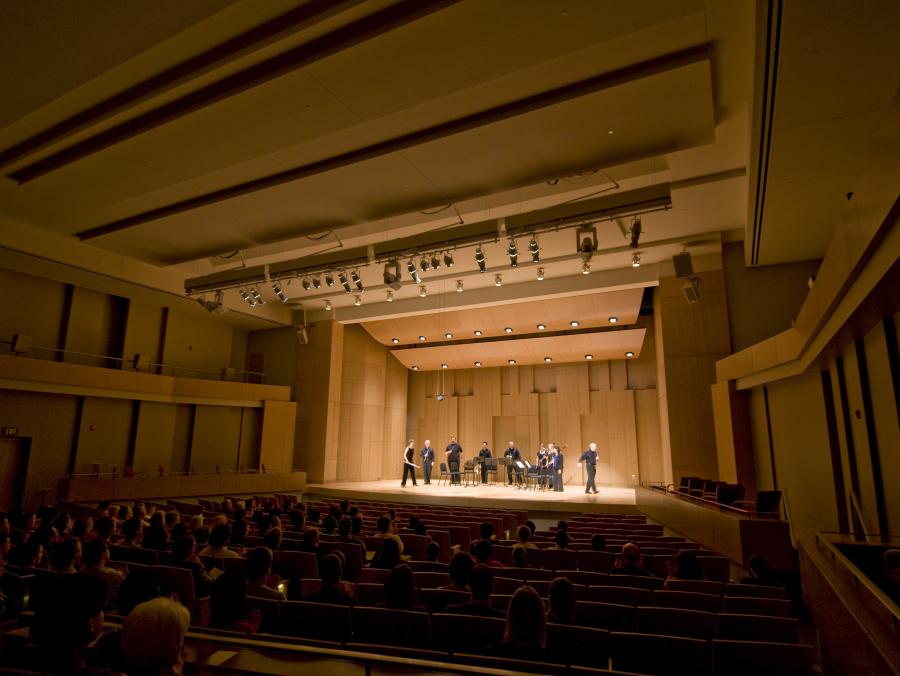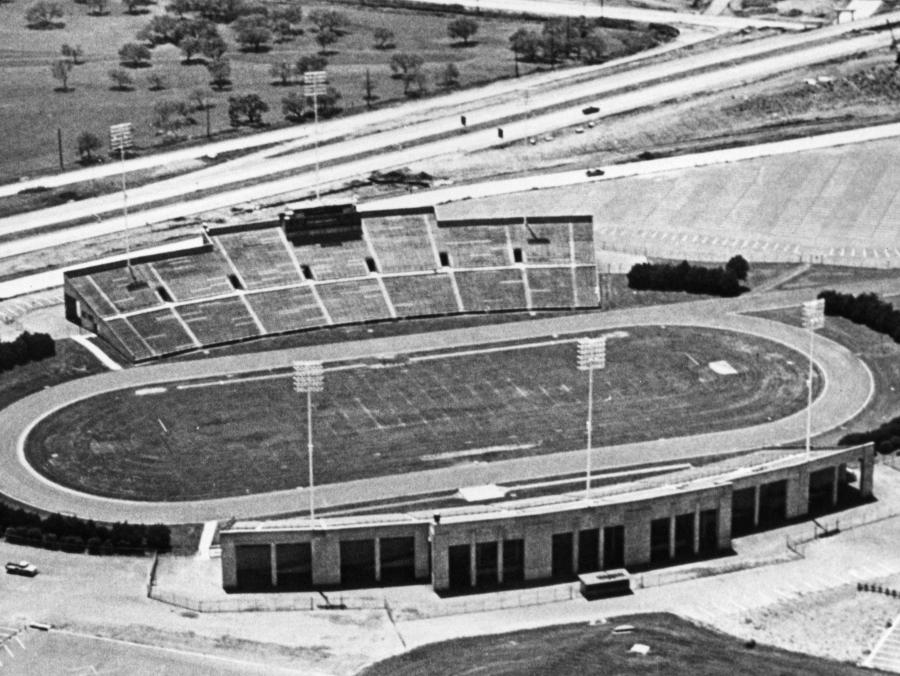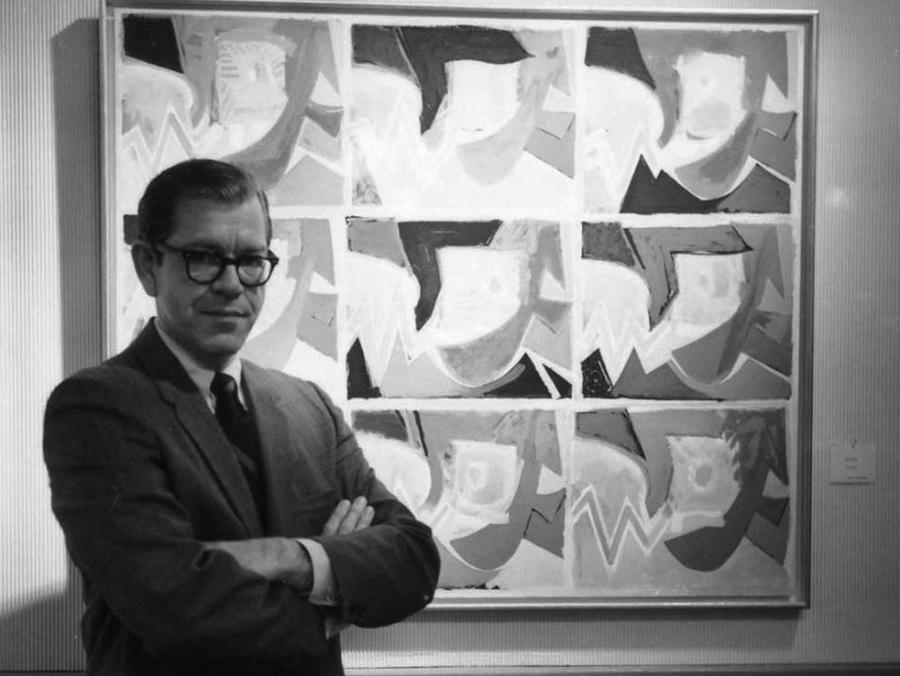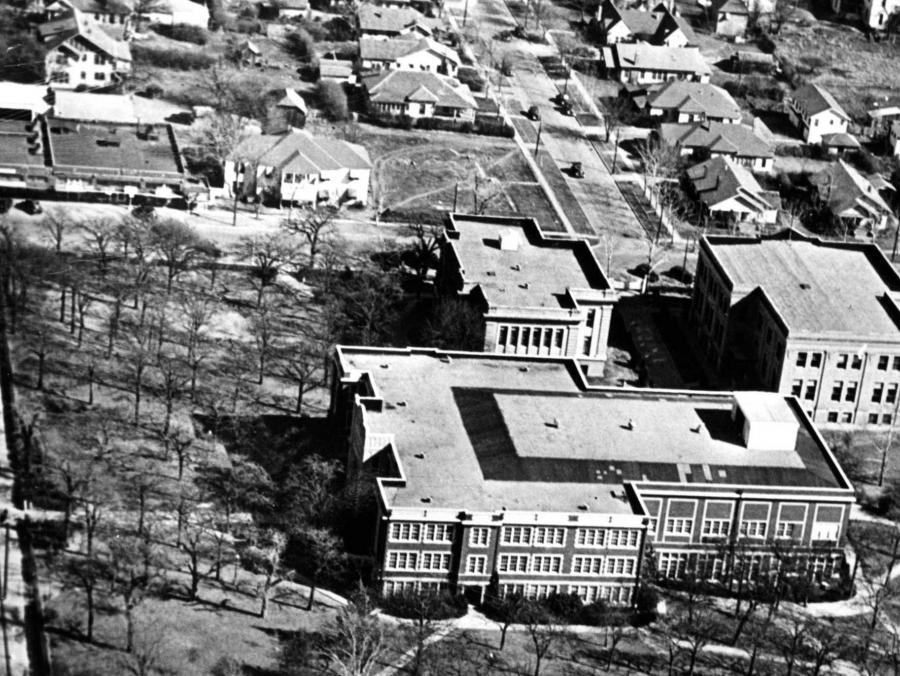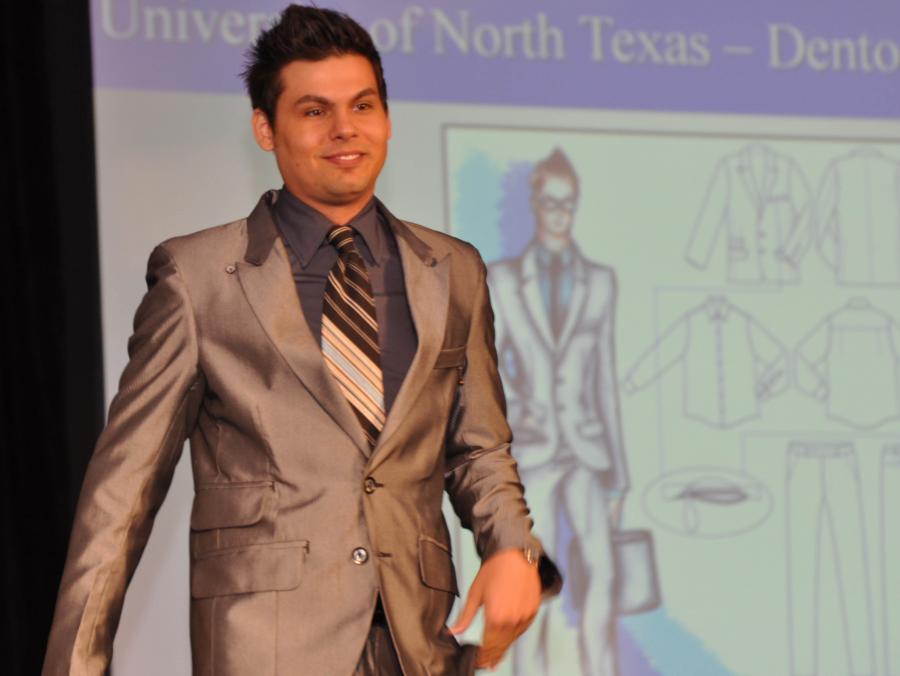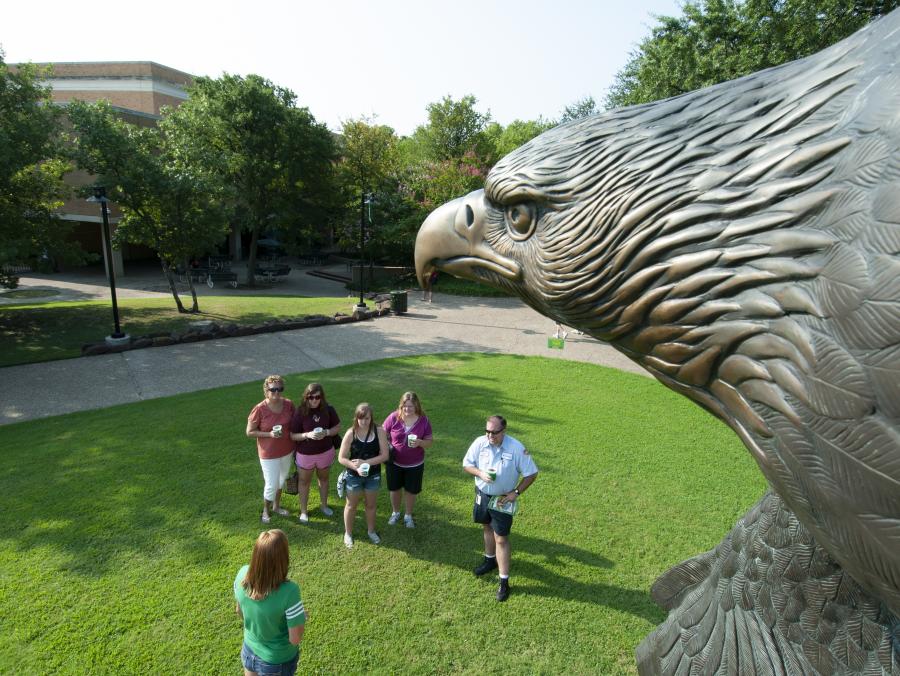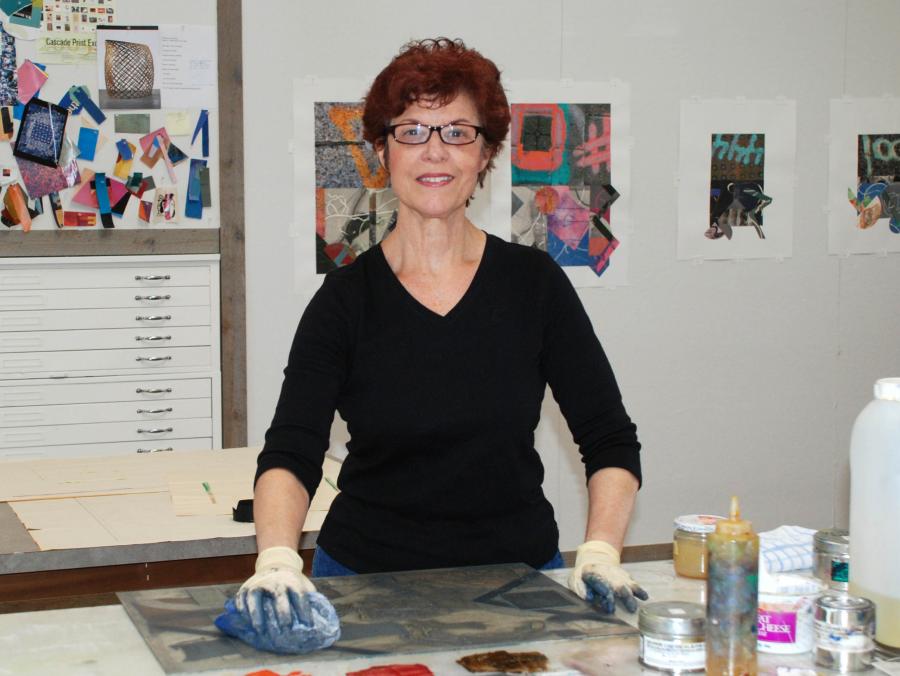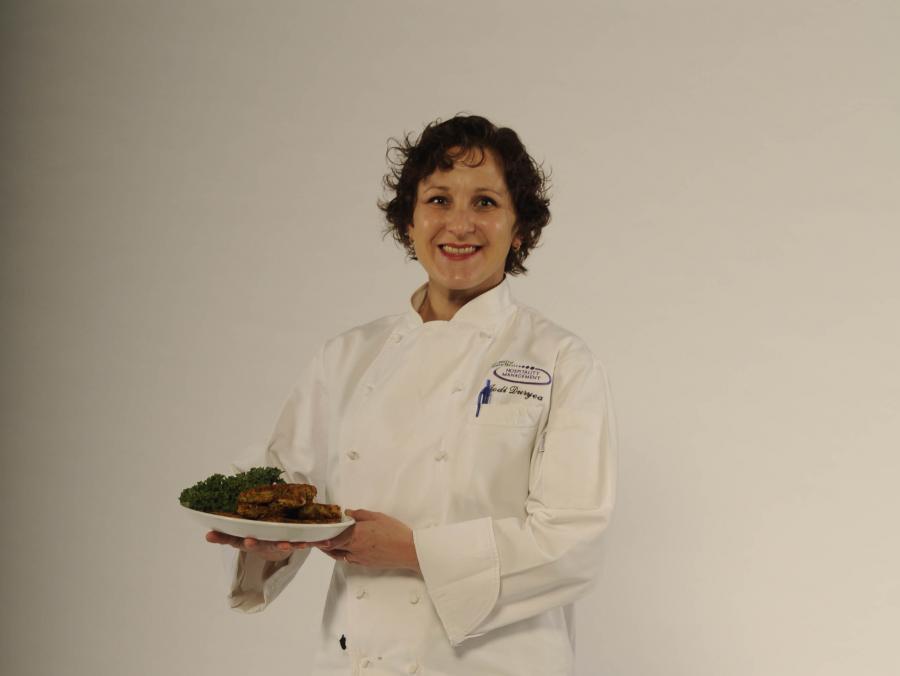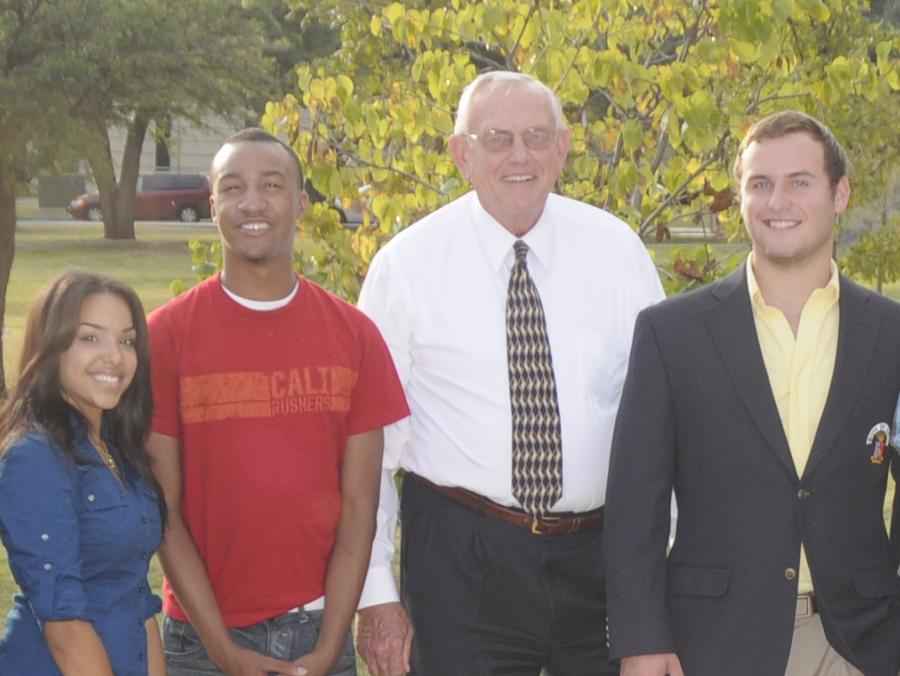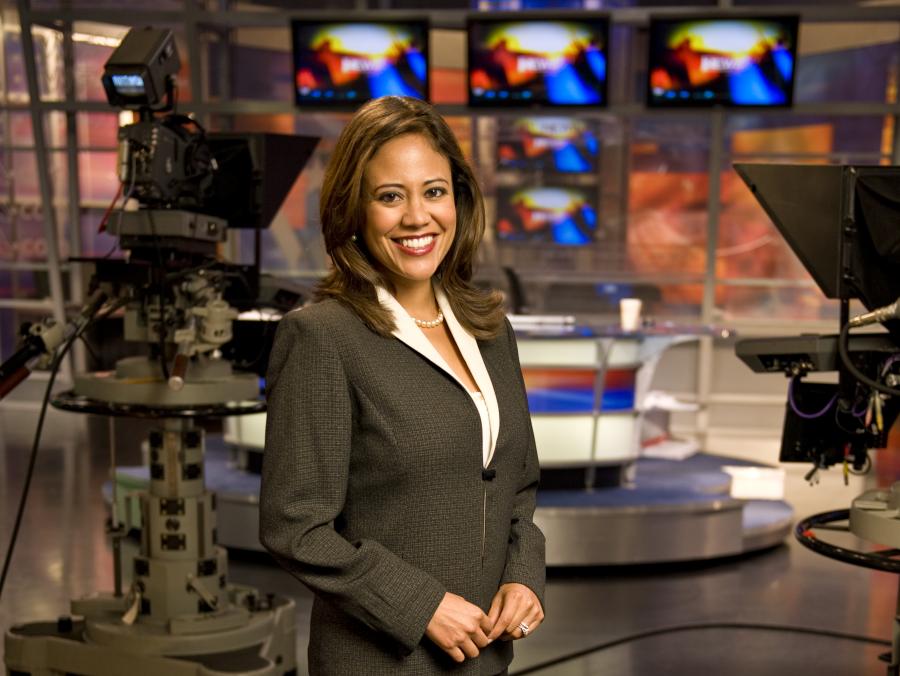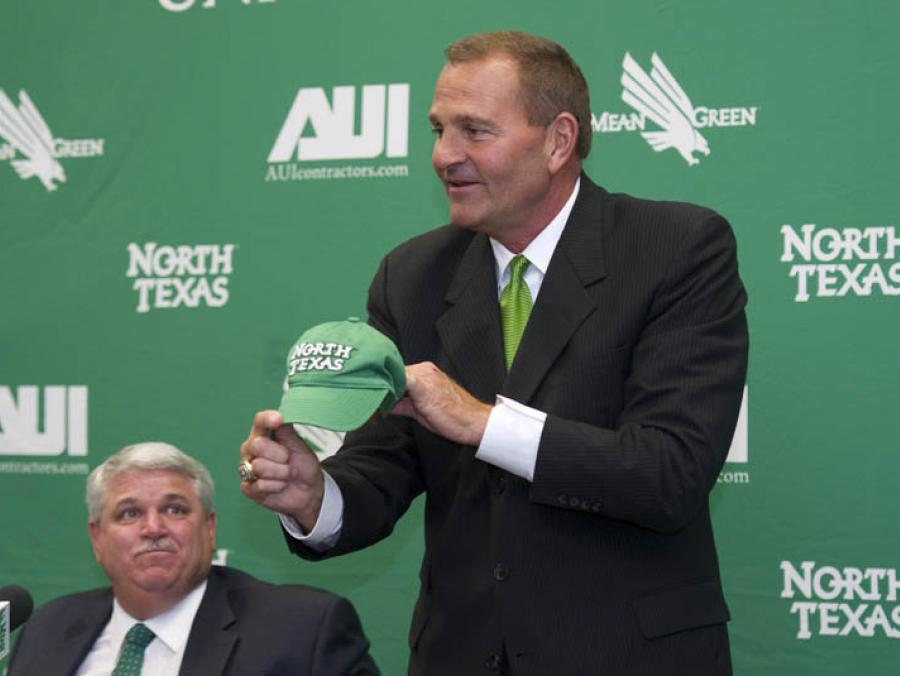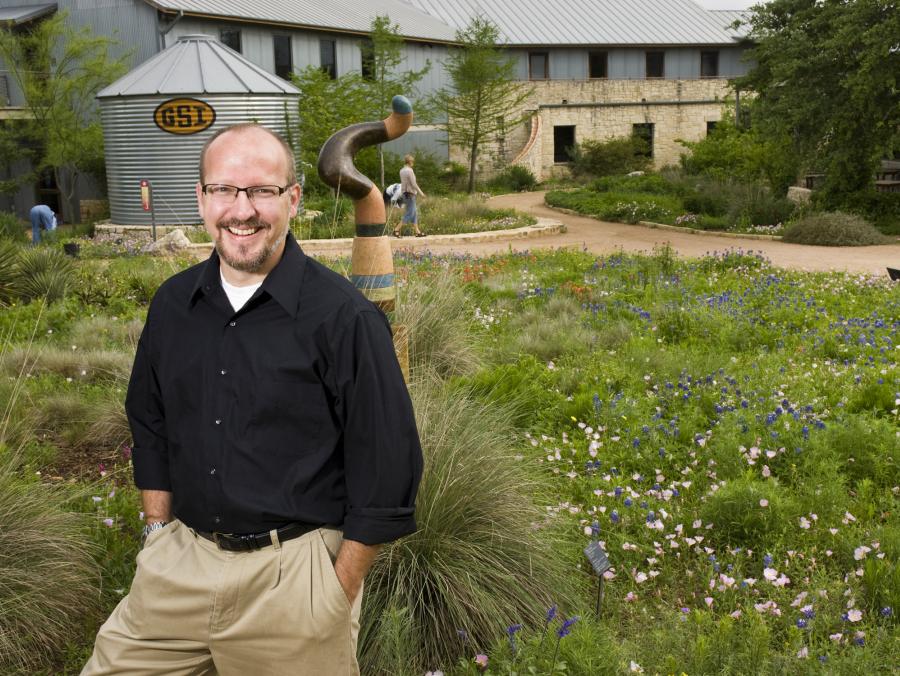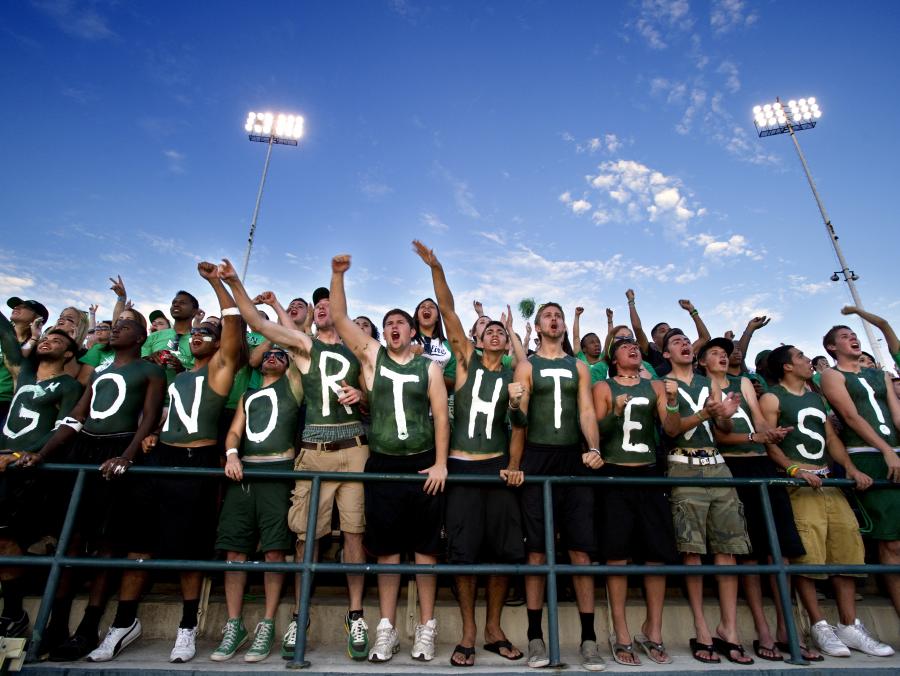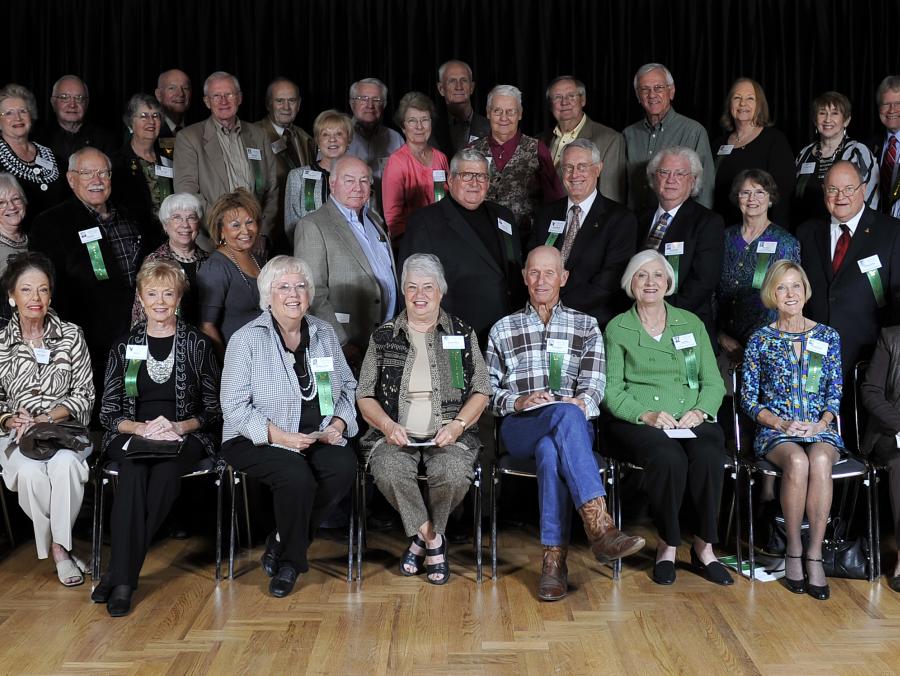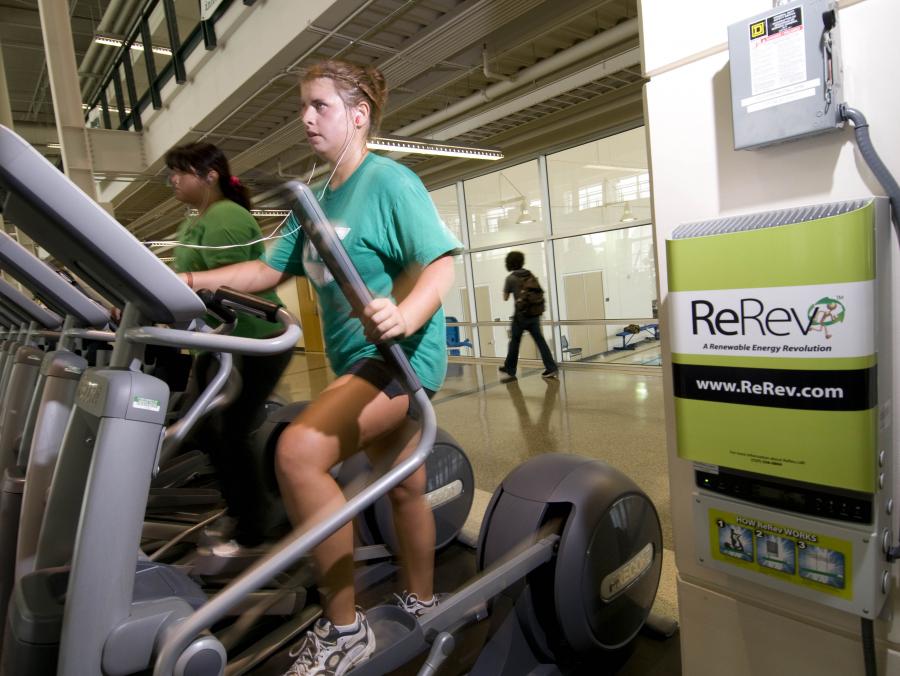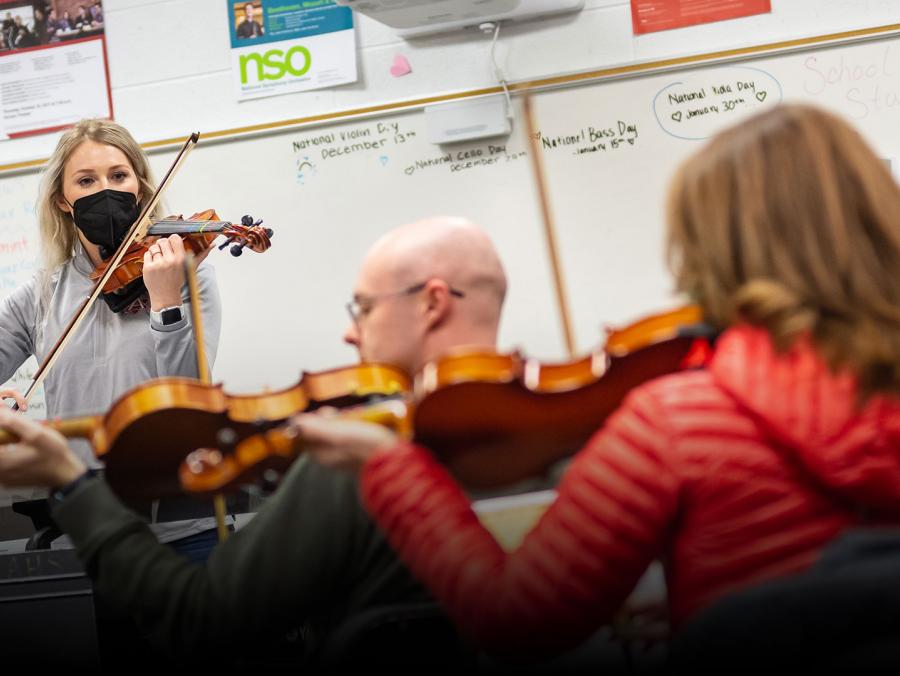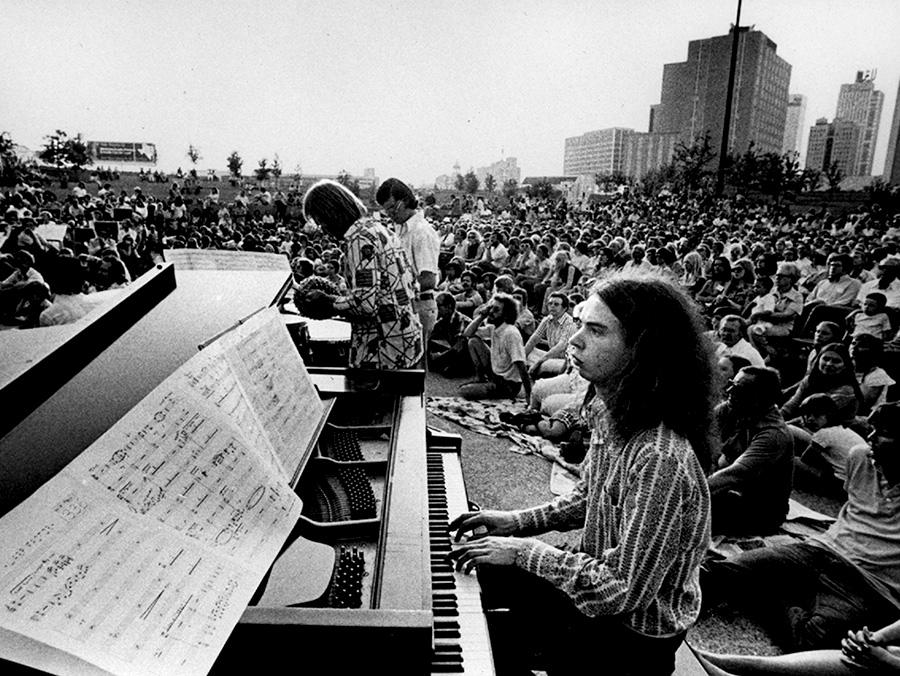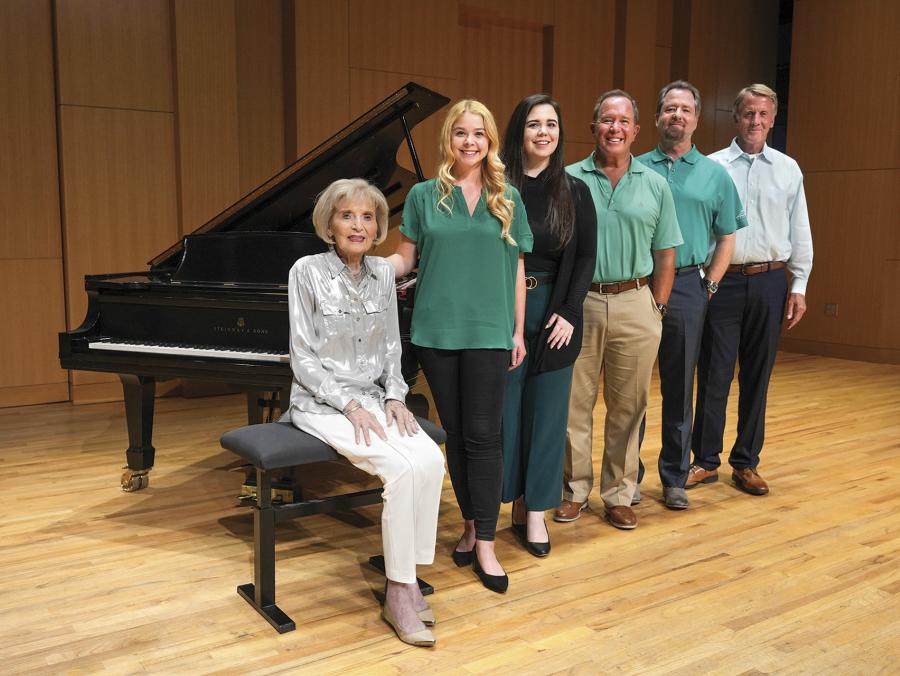How does a musician who considered teaching his “life’s work” become a leading fundraiser, helping make history with the first Super Bowl in North Texas and giving rise to a performing arts mecca?
Bill Lively says he got “sidetracked.”
Lively (’70 M.M.Ed.), a trumpet player who earned his master’s in music education at UNT, first taught band for the Dallas Independent School District, then taught music and led the band at Southern Methodist University. He moved into university administration, eventually heading SMU’s fundraising and public affairs operations.
The career move was a good fit. Lively considers himself a strategist rather than a fundraiser, and what he knows about strategizing comes from his musical background and education.
“I think about a symphony and a march in terms of all the pieces and how they start and finish. I approach my work the same way,” Lively says.
Drawn by the reputation of UNT’s music programs, Lively says he left the university a better teacher and leader. He learned to think of things — whether music or history — in a broader context.
Get to know
Bill Lively
Watch a Conversation with Bill Lively
Lively relied on this perspective to motivate students and now uses it to inspire donors. As president and CEO of the Super Bowl XLV Host Committee, he is leading a group that has attracted the highest number of million-dollar sponsorships in Super Bowl history. See more on the concert series that included the UNT Symphony Orchestra.
Lively says the Super Bowl is bringing together North Texas communities in powerful new ways.
“This is much more than a football game. This has been a unifying agent,” he says.
Lively knows how mobilizing a community can transform the cultural landscape. He led the campaign to build the world-class AT&T Performing Arts Center, garnering more than $334 million in pledges, including the most million-dollar gifts to build a cultural facility in American history.
Lively’s leadership made all the difference, according to Howard Hallam, president of Ben E. Keith, who was a founding arts center board member and recently stepped down as chair.
A research firm told the campaign leaders they would raise $150 million at best. With Lively at the helm, the campaign reached the $250 million mark in only three years and kept going.
Lively is a great combination of workaholic, executive and visionary, according to Hallam.
“He said many times that the city would only get to build a performing arts center once in four generations and this was our time,” Hallam says. “He really made the project seem significant.”
The ingredients of a successful campaign are a good cause, great volunteers and a compelling message, Lively says.
“When you get other people thinking about noble projects — whether academic or cultural or the Super Bowl — and you do something at the highest level, you can galvanize people,” he says.



